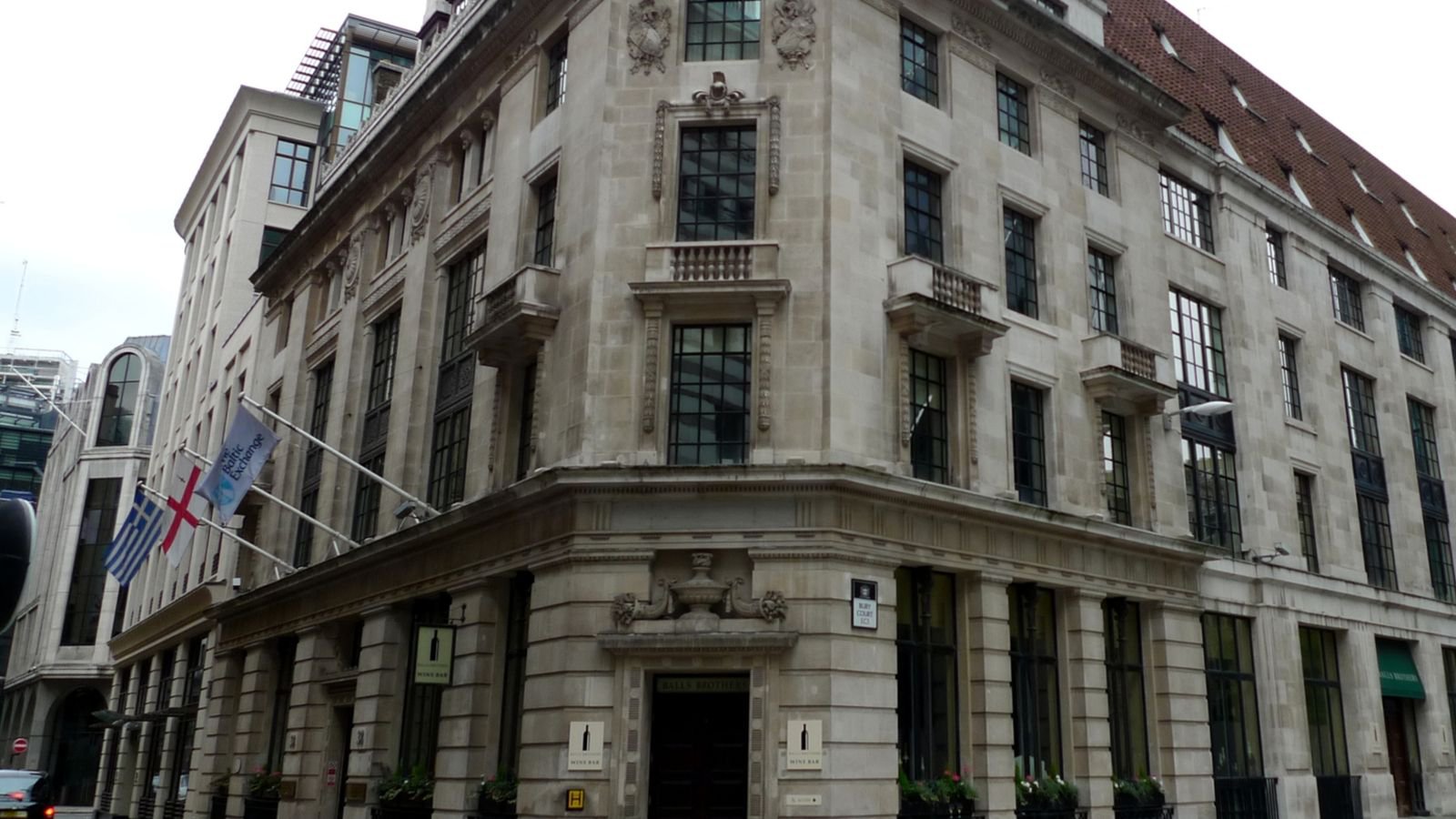A bright future for shipbroking

This article first appeared in Maritime UK's State of the maritime nation report, launched in Parliament during London International Shipping Week.
Shipbroking has long been an important pillar of the UK maritime sector, but does it have a future in a digitally connected AI world? Are shipbrokers prepared for the challenges of increased regulatory scrutiny? Can shipbroking adapt, thrive and grow as an industry changes around it?
I strongly believe that shipbroking has a bright future.
Shipbroking is big business in the UK, particularly in London. Around a quarter of all shipping transactions are handled by several hundred large and small shipbroking firms. Some cover every market, others specialise in one particular area.
But what they all have in common is the need to add value to the deal. Competitive chartering brokers, sale & purchase brokers and freight derivative brokers all vie for the business of international shipowners, charterers, trading houses. The successful broker is the broker who brings new ideas and intelligence to the client.
The shipbroking sector is currently investing in a second wave of digital technologies. The first wave saw progressive brokers invest in AIS data, fixture and process management software as well as post-fixture commercial voyage management systems. The shipbroking industry has long recognised that simply matching ships and cargoes is not enough. Now the opportunities of machine learning and algorithm technologies are being exploited by the most forward-thinking brokers. Teams of IT experts are being hired to develop new systems and processes.
By speeding up manual processes, harnessing and scaling the information at their fingertips, shipbrokers are able to add significant extra value to their principals.
But there is one vital element which cannot be digitalised. Trust. Without trust that the broker will always act ethically and in the principal’s best interest, no amount of digital investment will deliver the client’s business.
For trust to exist, there needs to be confidence in a fair and competitive market. This is where the Baltic Exchange comes in.
Physical shipbroking has never been government regulated, but the 2008 financial market crash, and the manipulation of the London Interbank Offered Rate (LIBOR) in particular, has led the Bank of England to give its support to Codes of Conduct produced by unregulated markets such as shipping. The Bank sees standards and codes as an integral part of a much broader effort by UK authorities and market participants to ensure fair markets.
Of course, the shipping markets have not seen the ethical drift that led to the huge breaches of trust and rigging in the financial markets. But nevertheless, it is vital that proper behaviour is codified and built around an accepted set of principles. The Baltic Exchange is about to release a new Code of Conduct, updated and written in the language of compliance. It underpins the ethical approach taken by Baltic members globally in dry cargo, tanker, gas, container, sale & purchase, demolition and freight derivative markets. Crucially, it helps maintain trust in the market.
Shipbrokers will continue to adapt to a fast-changing business environment, but not all will survive. Some will be acquired by bigger rivals, others will simply fall by the wayside. But new firms continue to emerge and successful firms continue to go from strength to strength. Backed by technology and a trusted marketplace, I believe that shipbroking has a long and prosperous future ahead of it.
Mark Jackson is the Chief Executive at the Baltic Exchange
